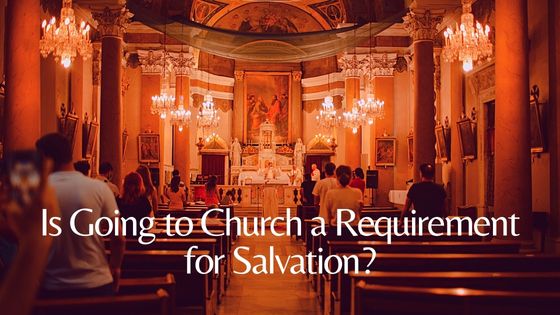The Role of the Holy Spirit in the Christian Life (Biblical Guide)
Do you ever long for a closer walk with God but feel unsure how to get there? I know I have. There are days when life feels overwhelming, and I wonder how I’ll make it through. But then I’m reminded that I’m not walking alone. The Holy Spirit is with me, guiding, comforting, and empowering … Read more










